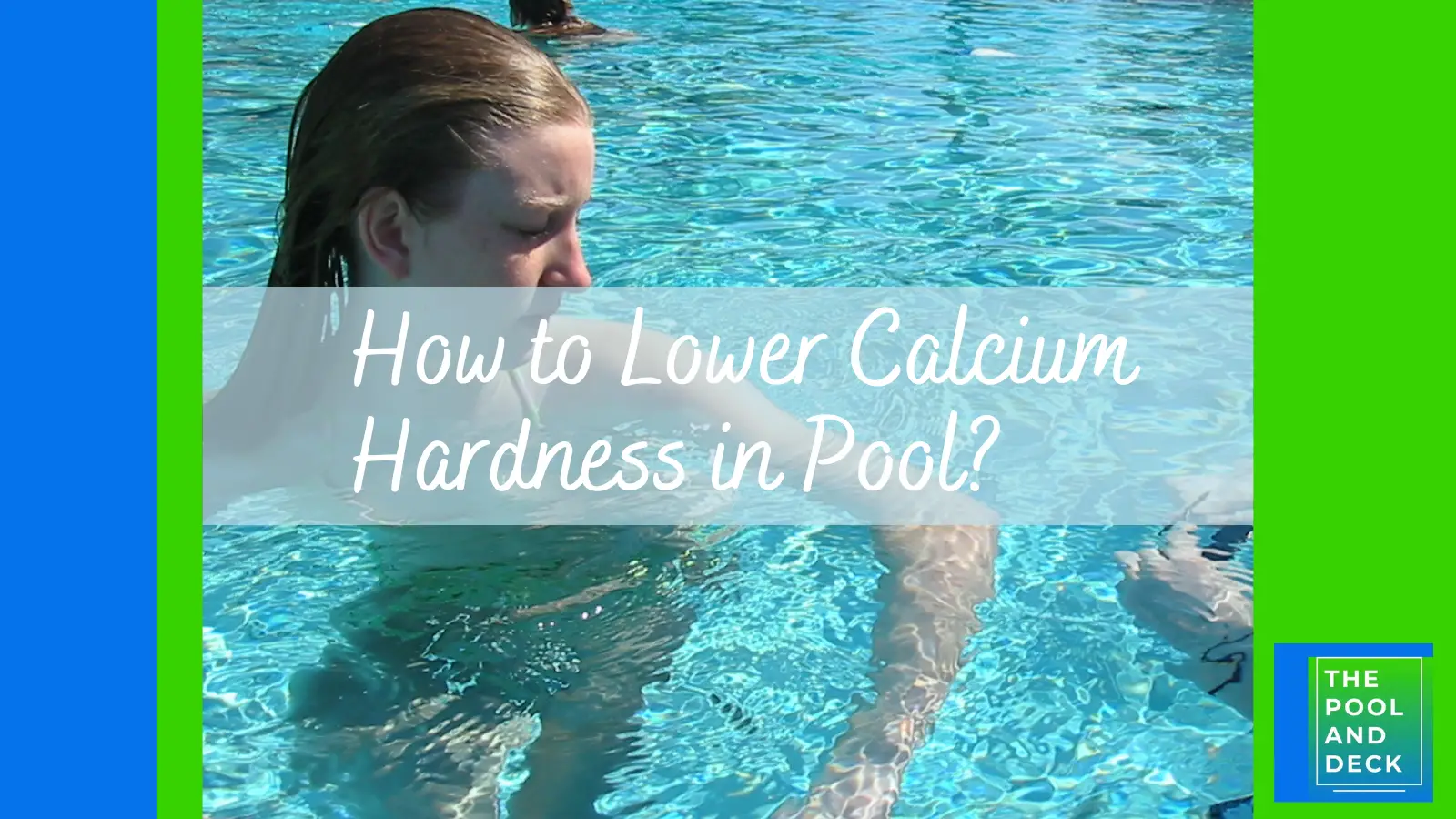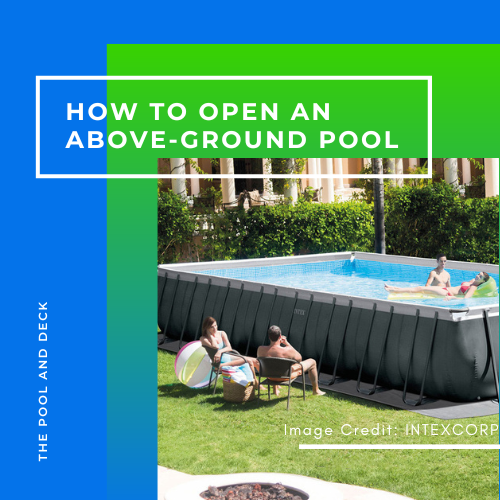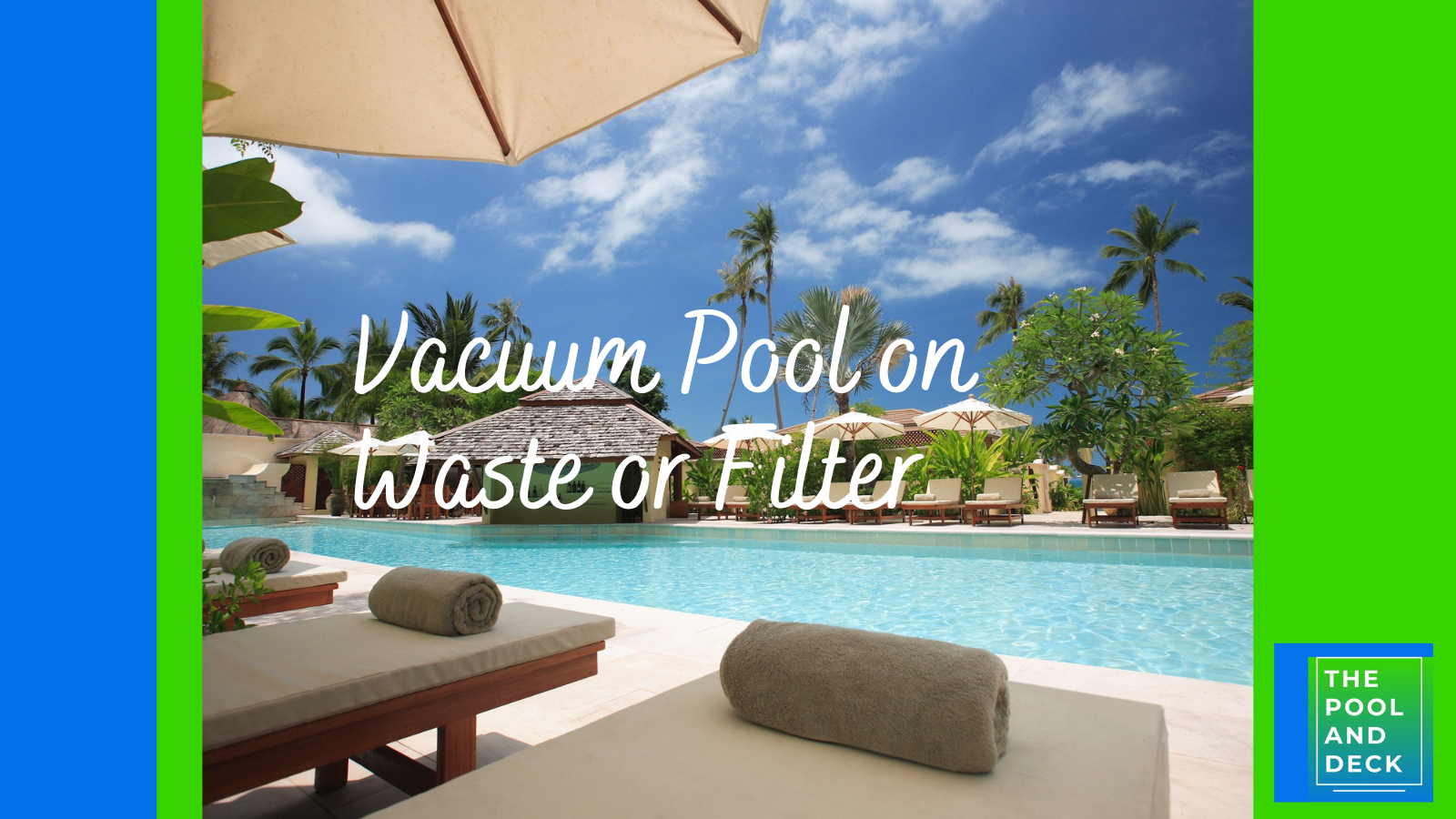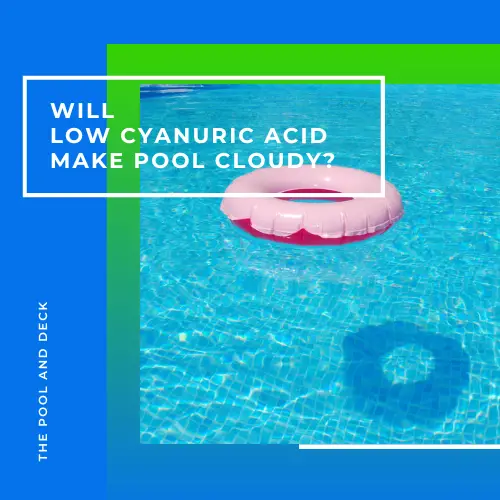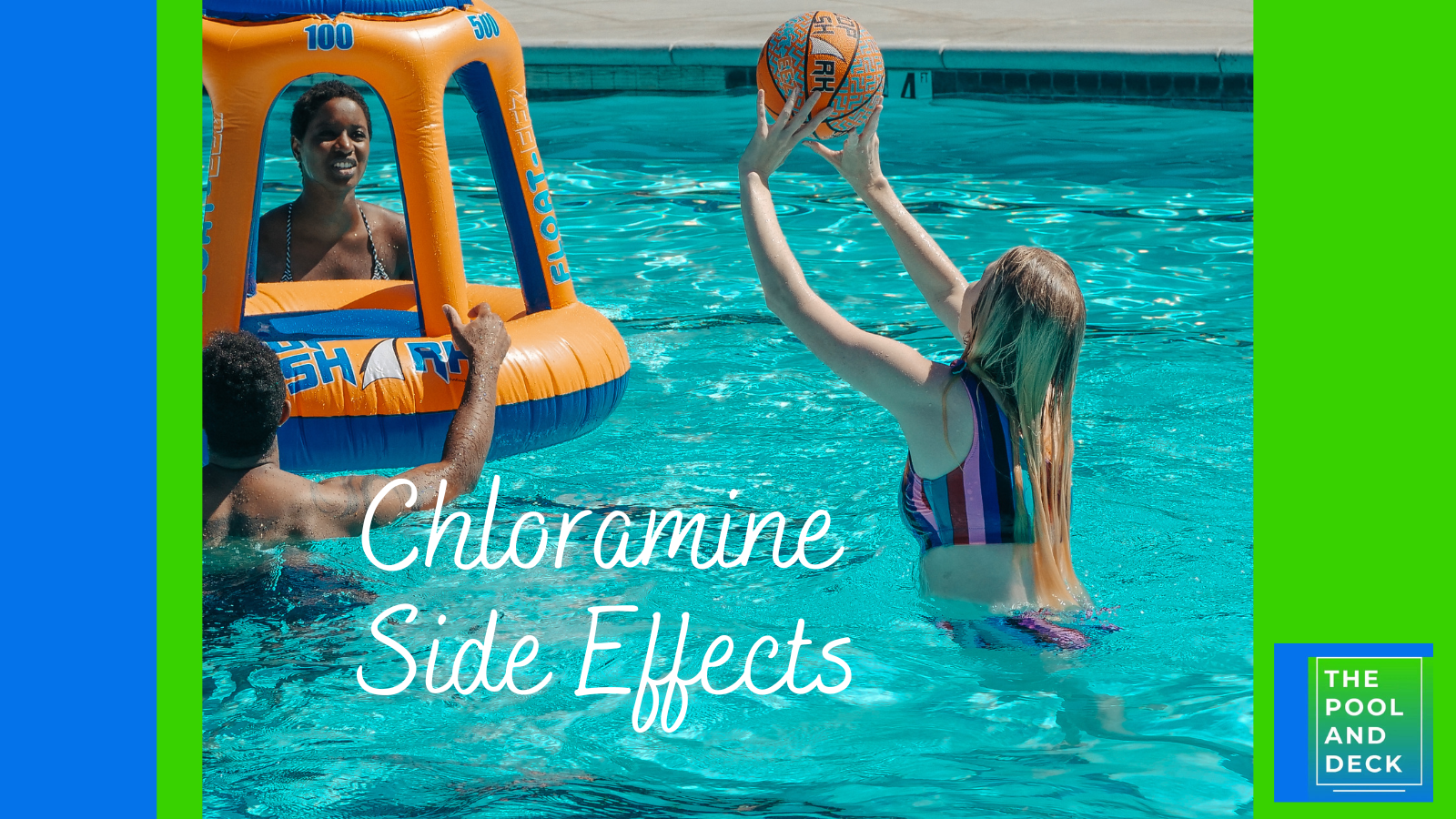Best Pool Sand Filter Sand: Top 3 Picks For 2025
Table of Contents
What Kind of Sand Do You Use in a Pool Filter?
Commonly used pool sand filter sand is silica which will filter out contaminants that are 20 microns or bigger. Zeolite will filter out contaminants as small as 10 microns and special recycled glass media can trap contaminants that are just 3-5 microns in size.
Your pool, especially an outdoor pool is inundated with dust, debris and contaminants. Sure, chlorine will neutralize the harmful pathogens. But you still need to get them out of the pool! That’s where the pool filter comes in. But the pool sand filter sand is not any ordinary sand. So what kind of sand do you use in a pool filter?
A micron is a unit of length that is one millionth of a meter or 10-6 m. One micron is 1/26,000 of a inch.
sciencenotes.org
Just to give you an idea of how small a micron (μm) is, here are some objects and their size in microns:
- 1-10 μm – Length of a bacterium
- 3-8 μm – Thickness of spider silk
- 10 μm – Diameter of human red blood cell
- 10-12 μm – Thickness of plastic cling wrap
- 17-181 μm – Diameter of human hair
- 70-180 μm – Thickness of a sheet of paper
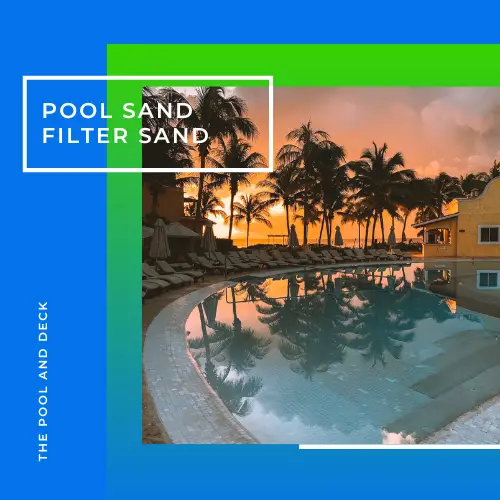
Which is the best pool sand filter sand for you? It really depends on the size of contaminants that you want to filter out. But there are other factors to consider, such as:
- A. Grain Size and Shape
- B. Uniformity Coefficient
- C. Quality of Sand
- D. Compatibility with the Pool Filter
As an Amazon Associate, I earn from qualifying purchases.
I will explain these factors later. But first lets get straight to the point and answer your query of what is the best pool sand filter media?
My top 3 picks are:
Silica Pool Filter Sand
Silica pool filter sand is the most commonly used type of sand and is capable of filtering particles down to 20 microns. Silica sand is considered good enough for most residential backyard pools.
You can’t go wrong with FairmountSantrol AquaQuartz-50 Pool Filter 20-Grade Silica Sand. It has the following outstanding features.
- 100% natural sand that is chemical free and backwashes easily and evenly
- does not solidify and will help prevent clogging and channeling
- filters out insects, leaves, oils, dirt, dust, hair and algae from pool water
- does not stain and ensures easy maintenance at a lower cost
Zeolite Pool Filter Sand
Zeolite pool filter sand is made from volcanic rock minerals. It can filter out debris as small as 10 microns and can help maintain the chlorine balance in the pool water. You can upgrade to Zeolite if you are keen to have a clear sparkling pool at all times.
ZeoSand, a Zeolite Pool Filter Media is a good alternative to silica sand. On a weight basis it appears to be more expensive, but in fact it saves you money as it is more effective. You will not only need a lesser quantity but will also save on pool chemicals that get drained out with every backwash.
Some of its notable features are:
- 50 pounds of ZeoSand is equivalent to 100 pounds of silica sand
- lasts up to 5 years
- catches more particulate than sand and decreases back wash times
Glass Pool Filter Sand,
Glass pool filter sand is manufactured from recycled glass and is possibly the best pool sand filter media. In fact, it comes pretty close to increasing the effectiveness of your sand filter to the level of a DE (Diatomaceous Earth) filter.
Glass pool sand filter sand can capture particles and spores as small as 3 to 5 microns. Basically it is capable of trapping and removing algae spores, even before they have a chance to grow and inundate your pool with an algae bloom.
So if you keep getting algae growth in your pool quite frequently, consider switching to Brightline 100% Recycled Swimming Pool Filter Media Glass. It is expensive but here is how it will make life easier and better for you:
- filters particles as small as 5 microns
- improves water clarity by 25%
- backwashing will be quick and easy
- lasts 3 times longer than sand
- you need 20% less than sand
Pool Sand Filter Sand: Important Factors
The suitability, effectiveness and cost of pool sand filter sand is dictated by the following factors:
Grain Size and Shape:
The grain size and shape of the pool sand filter sand certainly impacts its effectiveness at filtering water.
Generally, a smaller grain size is better for filtration, as it can trap smaller particles and impurities. However, the grains can not be too small or else they will leak out of the filter mesh and get into your pool.
But it is not all about size. The shape of the grains is equally, if not more, important. Angular grains have a rougher surface and will create passages for water flow that are more effective at trapping impurities as compared to smooth, spherical or disc shaped grains.
Uniformity Coefficient:
The uniformity coefficient of pool sand filter sand is a measure of how similar the grain size of the sand is.
A lower uniformity coefficient indicates that the grains are more similar in size. This is excellent as then the sand will have much better filtration performance.
Sand with a high uniformity coefficient is not desirable as it can lead to channeling and uneven filtering. This is a problem that you may experience if you opted for a cheaper but lower quality pool sand filter sand.
Quality of Sand:
The quality of pool sand filter sand can vary depending on the source and the manufacturing process. It’s important to choose high-quality sand that is free from chemicals and organic & inorganic impurities & contaminants.
The quality of your pool water may be adversely impacted by poor quality pool sand filter sand. Chemical impurities may also be detrimental to the life of the filter, pump and the pool plumbing system.
Compatibility with Pool Filter:
And, of course you must choose a pool sand filter sand that is compatible with your specific pool filter.
Not all sand is suitable for all types of pool filters, so it’s important to consult your owner’s manual or speak with a professional to ensure that you’re choosing the right type of sand for your pool.
All the Recommended Products
Thank you very much for reading the post. I do hope you found it informative and helpful.

